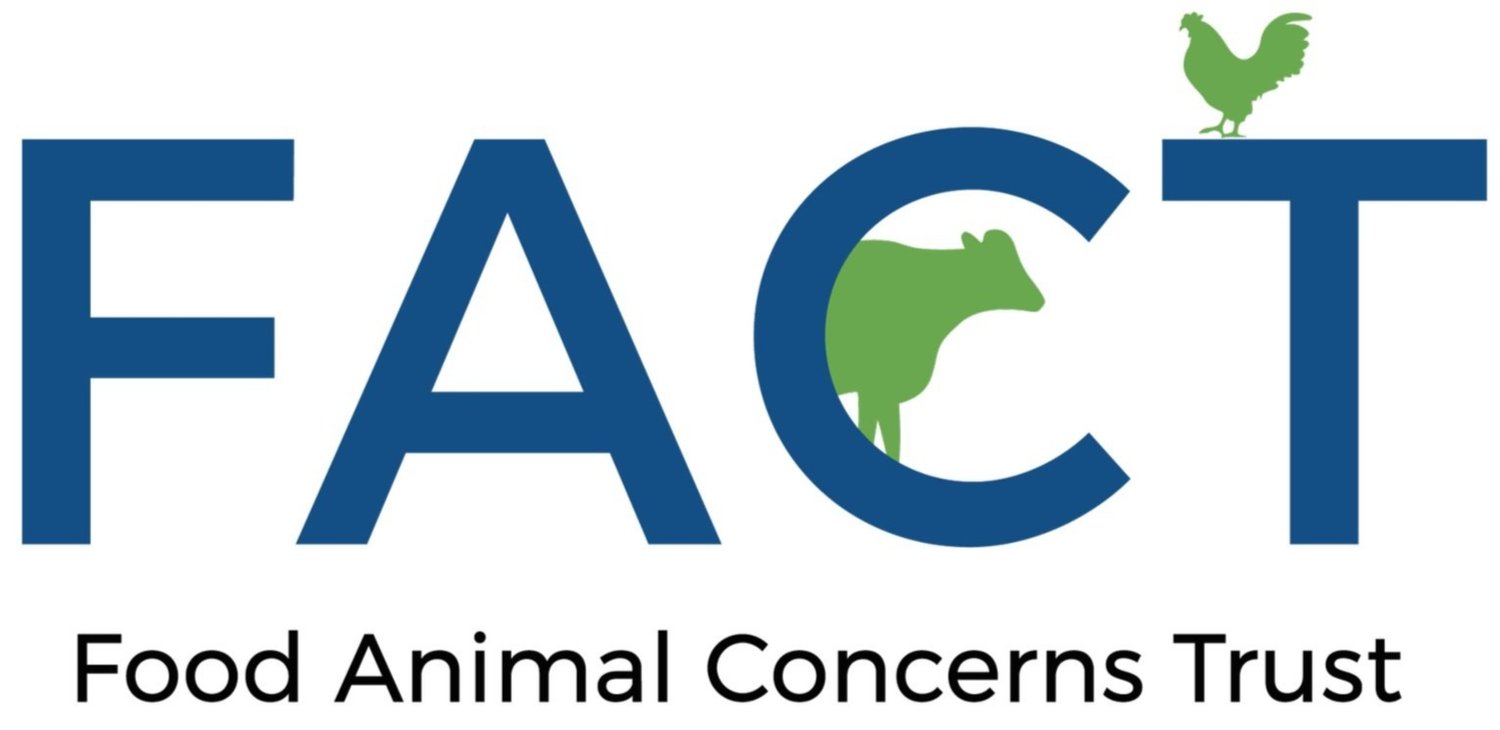Creating Locally-Adapted Herbivores with Dr. Fred Provenza (Part 3 of 3)
April 13, 2021
In this final webinar in our three-part series, guest presenter Dr. Fred Provenza will discuss how we can help livestock prosper by using foods and habitats available locally while minimizing inputs from fossil fuels.
Background: We often focus on “genetics” of the animals in our care, and rightly so, but we seldom stop to consider that genes are expressed in the environments where animal are conceived, born, and live over generations. Experiences in utero and early in life have life-long influences on behavior including an animal’s abilities to use particular foods and habitats. Natal experiences affect food and habitat preferences in animals as diverse as insects, fish, birds and mammals. The emerging field of epigenetics, which highlights how experiences with social and biophysical environments influence gene expression, is changing static view of evolution based on natural selection of beneficial mutations, a process that occurs over millennia, to one that is dynamic and ongoing within the lifetime of the individual and across generations. Understanding these processes has implications for creating animals that can prosper using foods and habitats available locally while minimizing inputs from costly fossil fuels. This and wildlife for social, economic, and ecological benefits. These findings have counterintuitive knowledge is enabling people to better manage the food and habitat selection behaviors of livestock implications for issues -- from invasive plants to rare and endangered animals -- that have to do with developing philosophies and management practices that accent ongoing transformation with ever-changing environments as the low-cost alternative to attempting to “go back to the way things used to be.”
